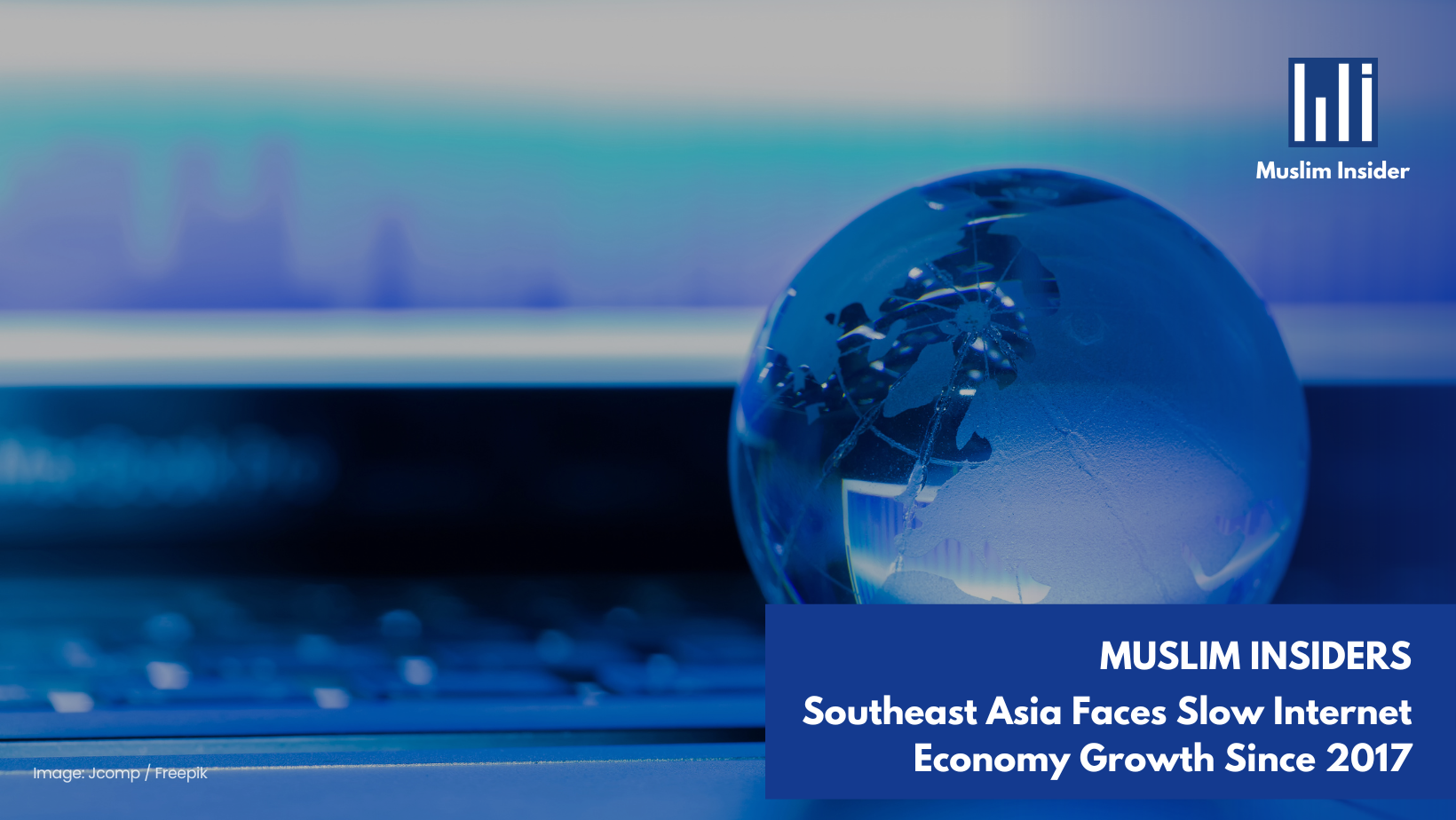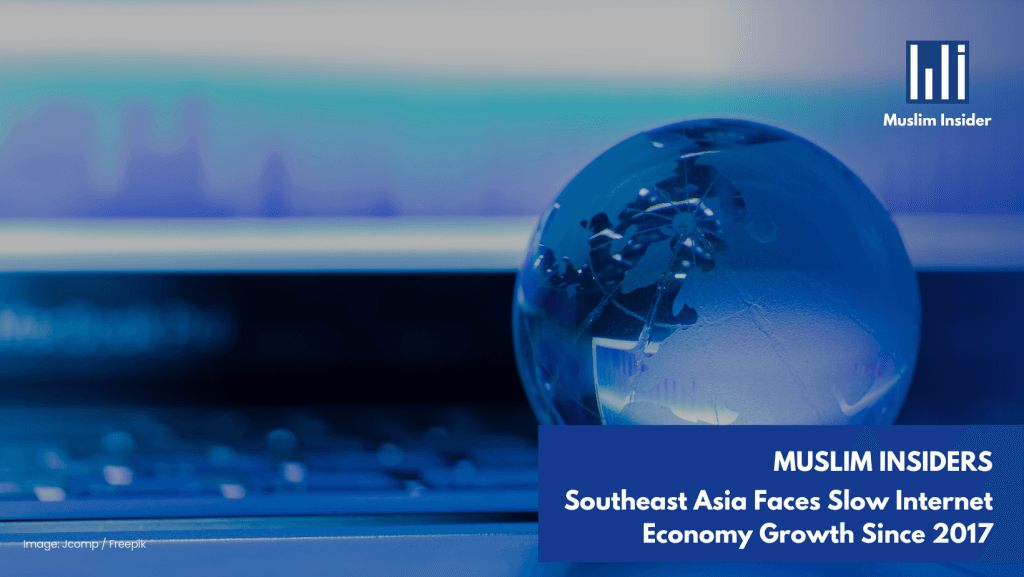

A group of researchers say the Internet economy in Southeast Asia will experience its slowest growth on record in 2023. They also made a 13% reduction in near-term eCommerce spending estimates for the region. Research by Google, Temasek Holdings Pte., and Bain & Co. predicts that total online spending in the region will increase by roughly 11% this year to $218 billion.
Researchers predict that the largest category, e-commerce, will reach US$186 billion by 2025, which is lower than their previous estimate of US$211 billion. Hence, the increased competition between global giants such as Amazon and Alibaba, along with regional players such as Grab, Sea, and GoTo, is intense. The competition went from online retailing to food delivery and e-hailing.
The forecast now predicts that the internet economy will reach US$295 billion by 2025, down from the previous estimate of US$330 billion. These companies’ annual study covers Singapore, Indonesia, Malaysia, Thailand, Vietnam and the Philippines, and it is the second time it is forecast to be downward.
Despite more people in Southeast Asia, such as Indonesia, Malaysia, and Vietnam, coming online, the majority of spending comes from wealthier consumers in major cities. The top 30% of high-value users account for over 70% of digital economy transaction values, according to the report. This has become a struggle for companies to attract potential customers in more remote regions.
Investment from private sources for companies in Southeast Asia has decreased to its lowest level in six years. The number of deals involving tech companies in the region has dropped by more than half to only 564 deals in the first half of 2023, according to the report.
Investors in the Southeast region are under pressure to deliver returns. However, returns in Southeast Asia have been significantly lower, at only 4%, compared to China (50%) and the United States (40%).




